
We have a huge variety of programmes to choose from – and we’re here to help you find the perfect one that aligns with your own interests and passions.
Hōparatia | Explore
Sign up and be the first to hear about scholarship opportunities, events, new programmes, and everything else you need to know before studying with us.
Register now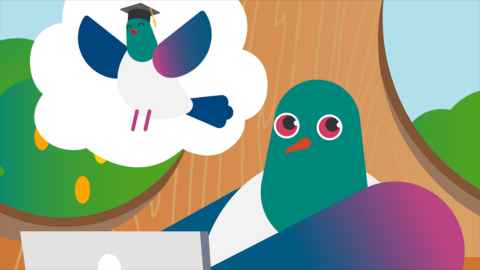
Join Lou, the campus Kererū, as they glide you through everything you need to know about the application process at Waipapa Taumata Rau.
Find out how to prepare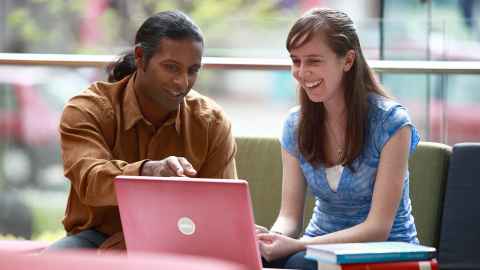
Deciding what to study just got easier. Try our interactive tool that matches programmes to your personality and interest.
Find your match
Start your journey to the University with an Application for Admission.
Tono ināianei | Apply now
Scholarships are a great way to fund your journey with us. The financial support could help to pay for your fees or cover the cost of your accommodation.
Pānui tonu | Read more
Our student accommodation allows our students the opportunity to live in the heart of the University throughout their studies.
Hōparatia | Explore
Gain the skills and knowledge you need at New Zealand’s leading university.
Pānui tonu | Read more
Continue your journey to the University. If you've been accepted into your programme, it's now time to enrol.
Whakauru ināianei | Enrol now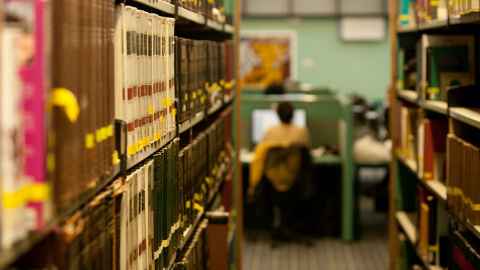
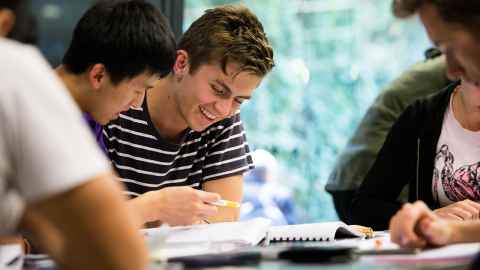
Before you get started, give yourself some time to understand the costs involved with university study and the financial assistance available to you.
Learn more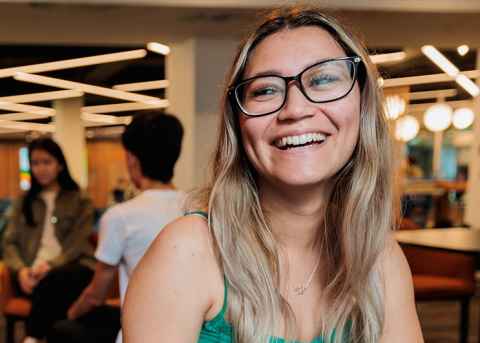
Drop in on campus or connect with our team online to discuss any aspect of your studies and life at uni.
Learn more
Find out from our graduates how their studies have helped them to thrive in fascinating professional roles.
Watch now
There’s so much to look forward to in your first year at university. Keep up to date with what's happening on campus.
Read more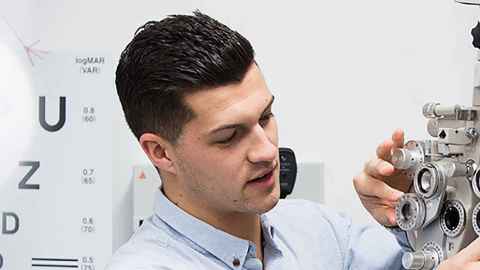
Take a look at our prospectuses to find all the information you need to make the decision that's right for you.
Read more